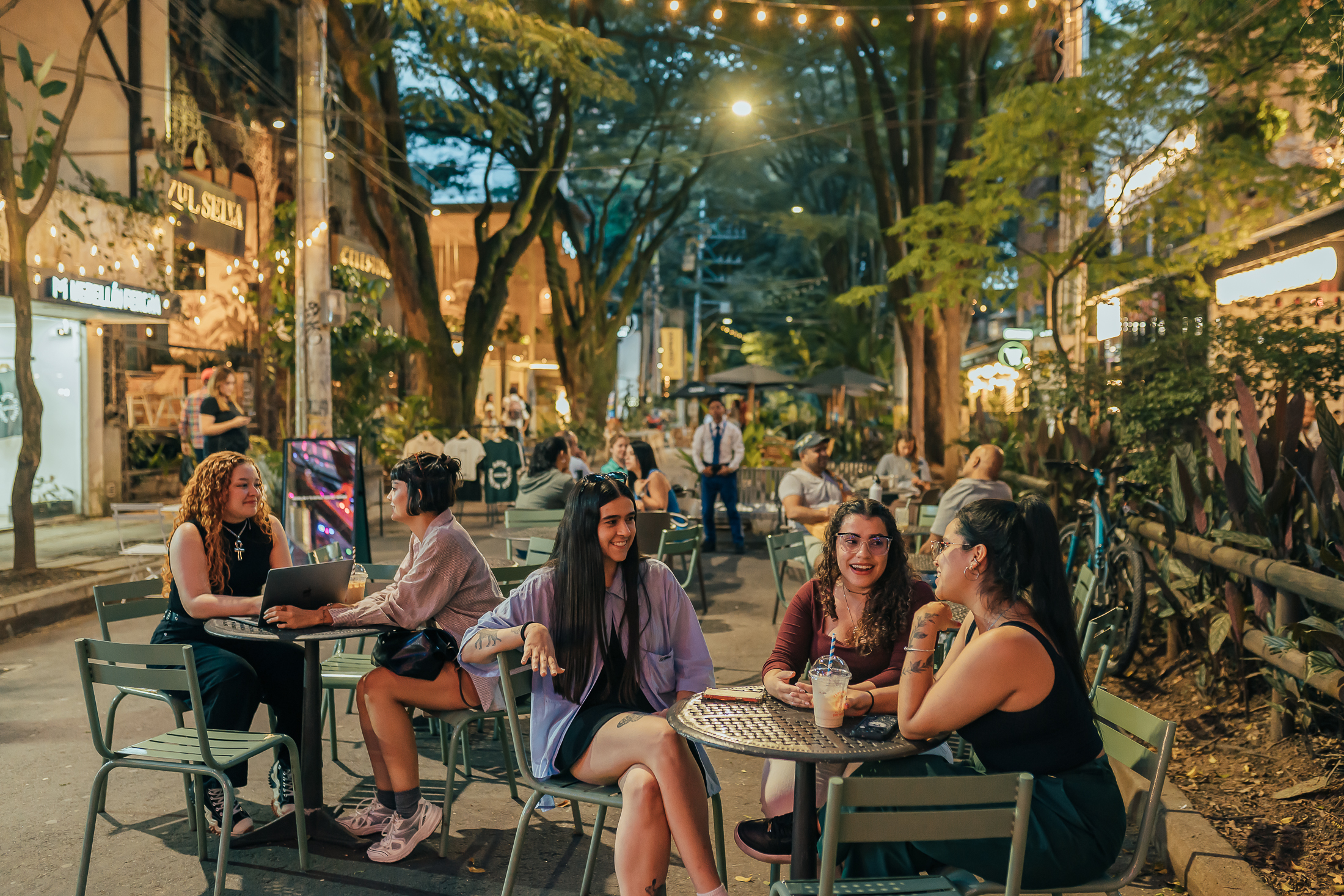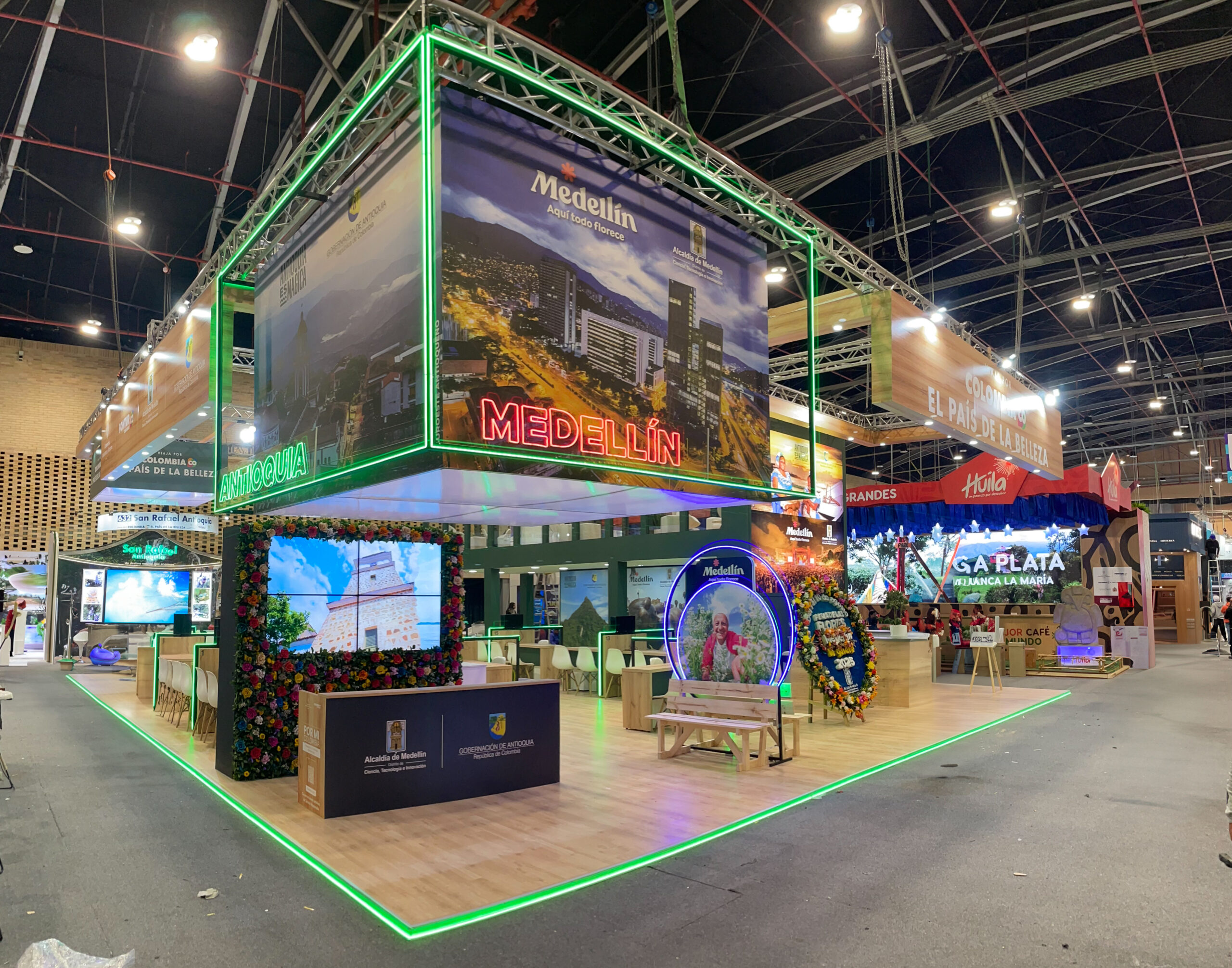It is no secret to anyone that the times we are living in today have made people and industries rethink their habits, values, ways of consumption, and, of course, tourism is no exception. In fact, the World Tourism Organization UNWTO named the post-COVID-19 tourist as one with greater awareness of the environmental crisis, with a rising interest in responsible consumption, and with an inclination towards destinations that promote sustainable dynamics that affect in a positive way the environment. This is the case of Ecotourism, which promotes the enjoyment of nature and the space that is being visited in a non-invasive way and with the intention of preserving the balance of the environment.
Even in 2019, according to TripAdvisor trends for tour operators, reservations on its website for outdoor experiences increased by 56% compared to the immediately previous year, which means that in the times to come, that indicator will grow even more forcefully

BIODIVERSITY OF COLOMBIA, ONE OF THE JEWELS FOR POST-COVID-19 TOURISM.
Colombia is one of the 17 mega-diverse countries on the planet and is considered the second most biodiverse. This puts this South American country in the eyes of world tourism in accordance with this post-COVID-19 travel trend. Medellín, the second biggest city in Colombia characterized by being surrounded by green mountains, hosts an important part of the biodiversity in Colombia. In addition, the protected areas of Medellín are home to 445 species of birds that represent more than 23% of the bird biodiversity of the entire country.
In the words of Costas Christ, Editor of National Geographic Adventure, countries like Colombia are particularly suitable to become destinations that help to improve tourism. In this country, there are 1 out of every 10 species on the planet and it has a «celebration of colors and cultures, spectacular mountains, savannas, and wildlife.»
«The metropolitan area of the Aburra Valley, where Medellin is located, has some of the most beautiful green areas in Colombia and, arguably, in the world.”
https://youtu.be/qPiXV17VvTs



Eco-city, the recent innovation of Medellín
Medellín today bets on this concept that enters to contribute even more to the development of ecotourism experiences that can be lived in this region of the country. Sustainable and intelligent mobility, alternative energies and use of solid waste, conservation, and protection of all forms of life and ecological urban planning, are some of the bets of the current local government with which it seeks to improve the quality of life of the inhabitants of the city, and those who visit it during their stay.
The strategy includes encouraging cycling and walking tours, planting more trees and implementing comprehensive solid waste management, through the training of «eco-citizens» committed to best environmental practices. This system of sustainable processes becomes true integral experiences of Ecotourism that this Colombian territory offers.
Slide 1 HeadingLorem ipsum dolor sit amet consectetur adipiscing elit dolorClick HereSlide 2 HeadingLorem ipsum dolor sit amet consectetur adipiscing elit dolorClick HereSlide 3 HeadingLorem ipsum dolor sit amet consectetur adipiscing elit dolorClick Here
Previous
Next
Arví Park, the only natural park certified in sustainability in Colombia
Located in the township of Santa Elena, the rural area of Medellín, The Cultural and Environment Center: Arví Park, is the only natural park in Colombia that has the Rainforest Alliance certification in Sustainable Tourism, which recognizes good environmental practices as well as a commitment to local cultures.
Upon arriving at the Park, the tourist begins to understand how this space is a benchmark for tourism that involves and contributes to the community while highlighting the cultural and gastronomic traditions of the region, surrounded by a forest reserve. The Arví Market, for example, gathers in one of the squares of this ecotourism park, more than 40 stalls in which farmers, micro-entrepreneurs, and inhabitants of the territory offer handicrafts, processed foods, and typical agricultural products from the region. A sample of Community Rural Tourism that leads the Arví Park in the hands of organizations from the Santa Elena district that have improved their quality of life and have had socio-business growth thanks to the work articulated by the sustainability of the territory.

Slide 1 HeadingLorem ipsum dolor sit amet consectetur adipiscing elit dolorClick HereSlide 2 HeadingLorem ipsum dolor sit amet consectetur adipiscing elit dolorClick HereSlide 3 HeadingLorem ipsum dolor sit amet consectetur adipiscing elit dolorClick Here
Previous
Next
Hotel Cannua in Marinilla, an example of Sustainable Tourism
Another great example among the new ventures that are gaining more and more popularity in the region due to their commitment to encourage Sustainable Tourism, is the Hotel Cannua in the municipality of Marnilla, in the Antioquia East.
https://youtu.be/hF5SS65csi0
Slide 1 HeadingLorem ipsum dolor sit amet consectetur adipiscing elit dolorClick HereSlide 2 HeadingLorem ipsum dolor sit amet consectetur adipiscing elit dolorClick Here
Previous
Next
The Hotel Cannua, in addition to using the products of the garden that are grown in its territory to offer food to its visitors, is located in nine hectares of protected forest and its design was made under a system of principles of agricultural design that ensures the conservation of the natural ecosystem through construction that uses compressed earth blocks produced from 80 tons of its own soil and a system for the reuse of gray water.
Tourism and rural development
Regarding the importance of rural areas, this year the UNWTO will celebrate the World Tourism Day (September 27) under the motto ¨Tourism and Rural Development¨ with the intention of promoting greater awareness of the care of the territory, of the proper use of natural resources and the role of tourism as a driving force for community development.
Medellin as an innovative city and tourism as one of the most resilient industries are up to the challenges of rethinking the new dynamics of consumption, strategies, and protocols that the coming times configure for a sector that hopes to be increasingly beneficial for people and for the planet.
https://youtu.be/UnCFJOrVxZg
«The city of Medellín stands out as a magnet (…) for its creativity, for its people (…) for the way of knowing how to turn any externality, into a potential, into a value chain» CAROLINE COURET, director of the Creative Tourism Network
You may also like: Community Tourism: Post-COVID-19 global trend is developing strongly in Medellin, Colombia.



